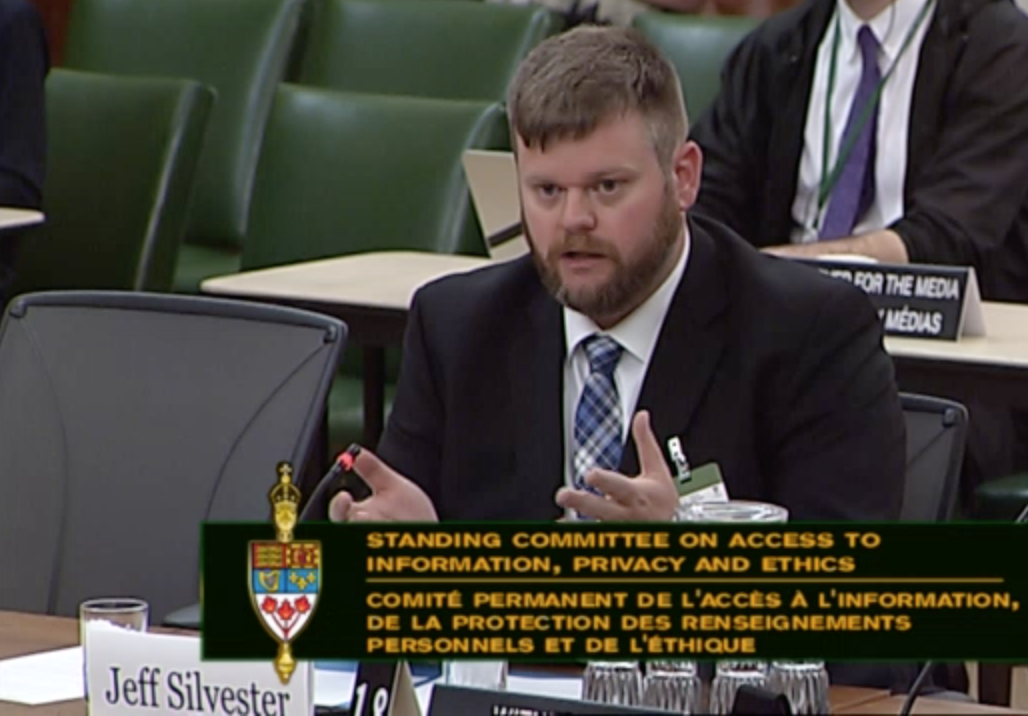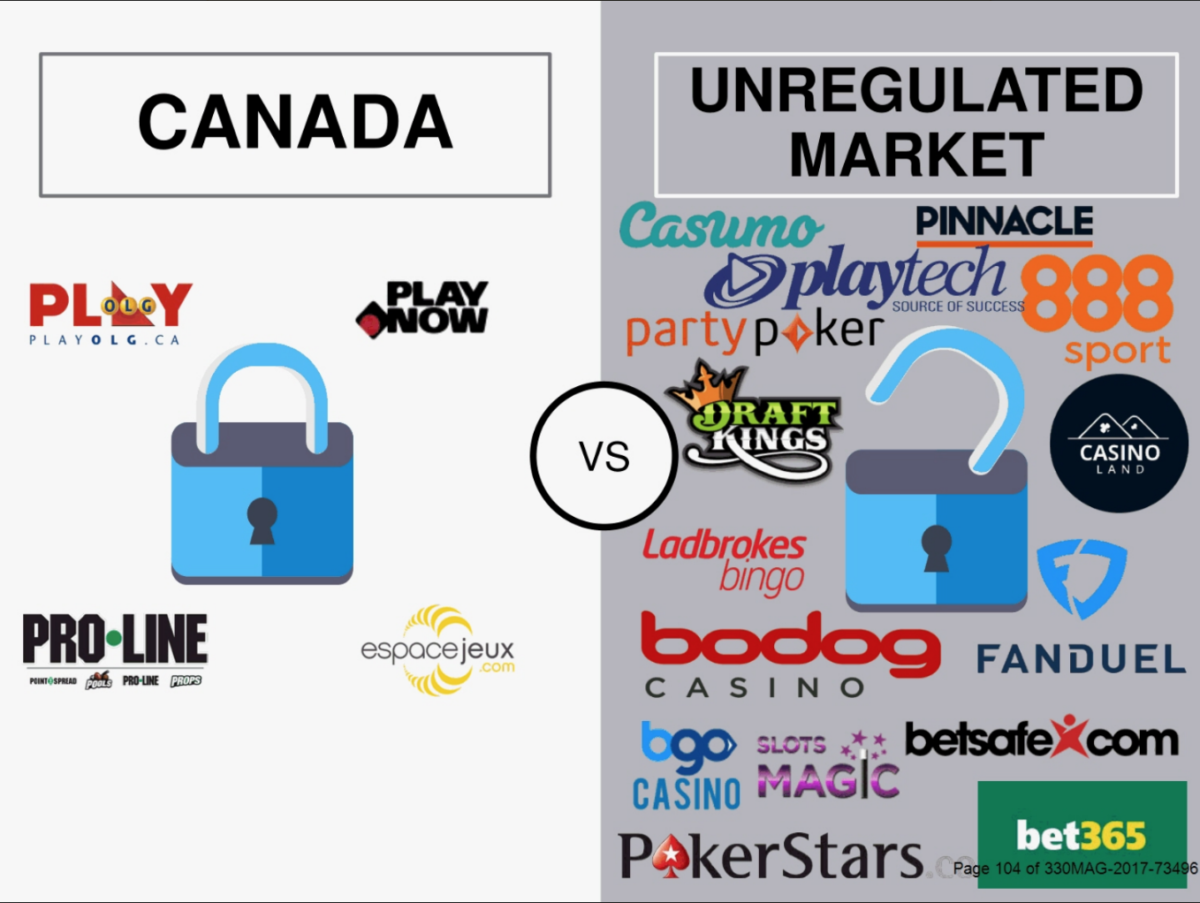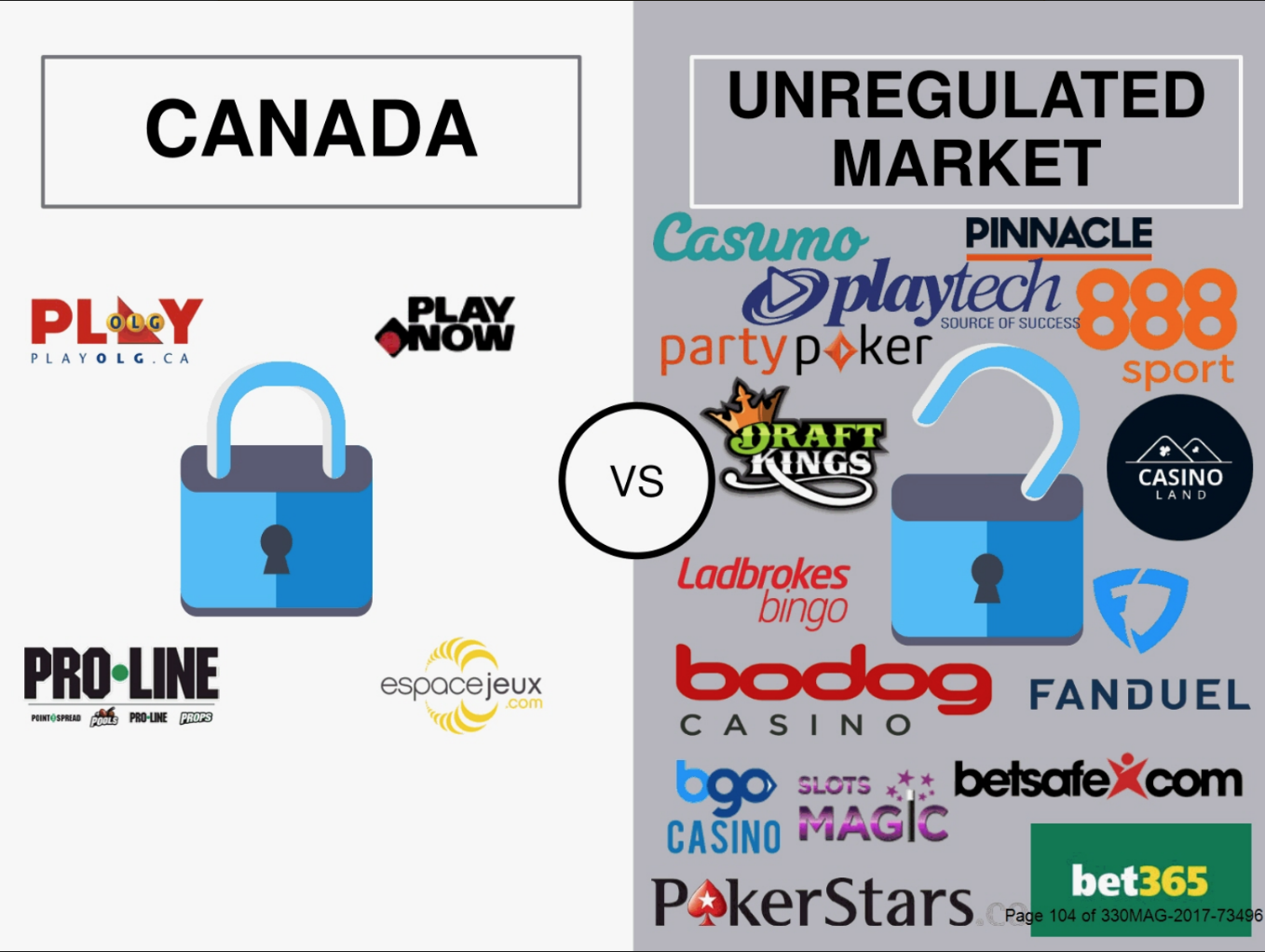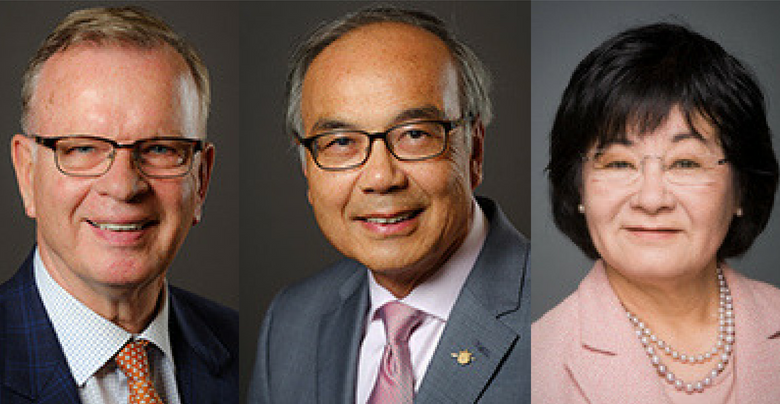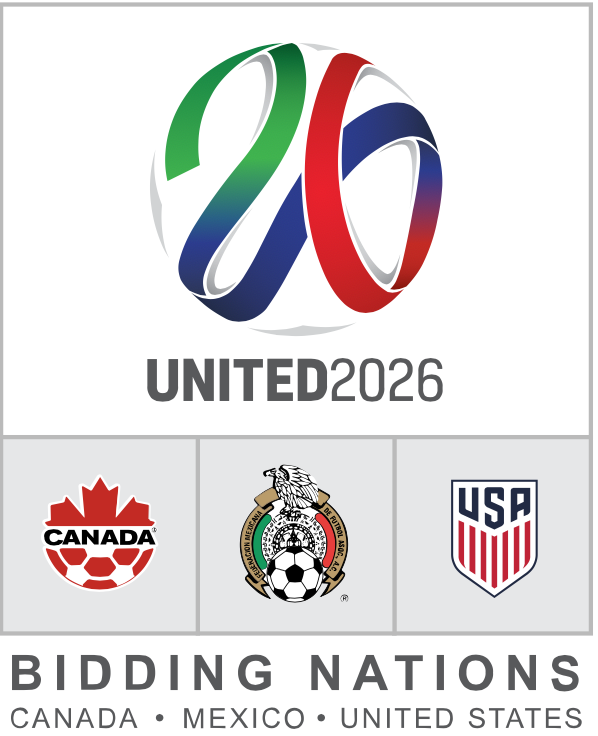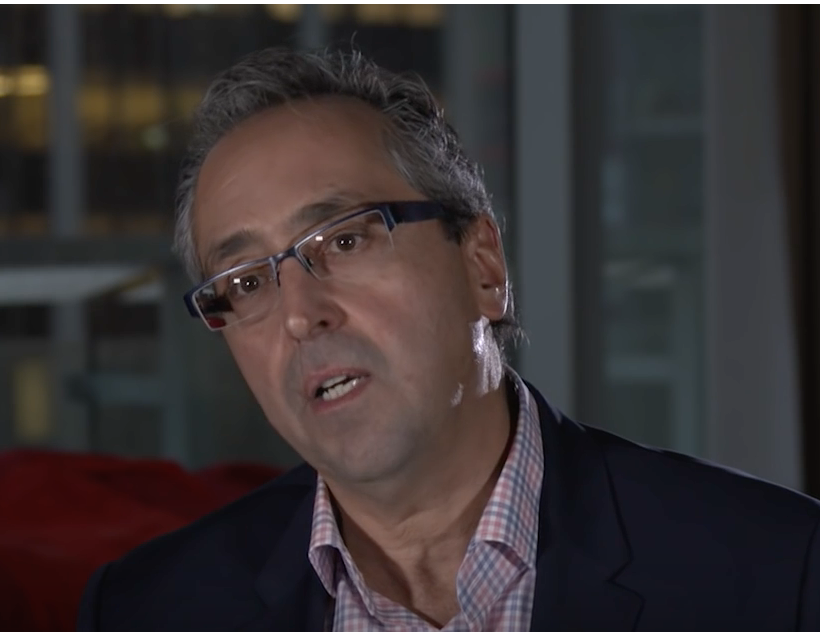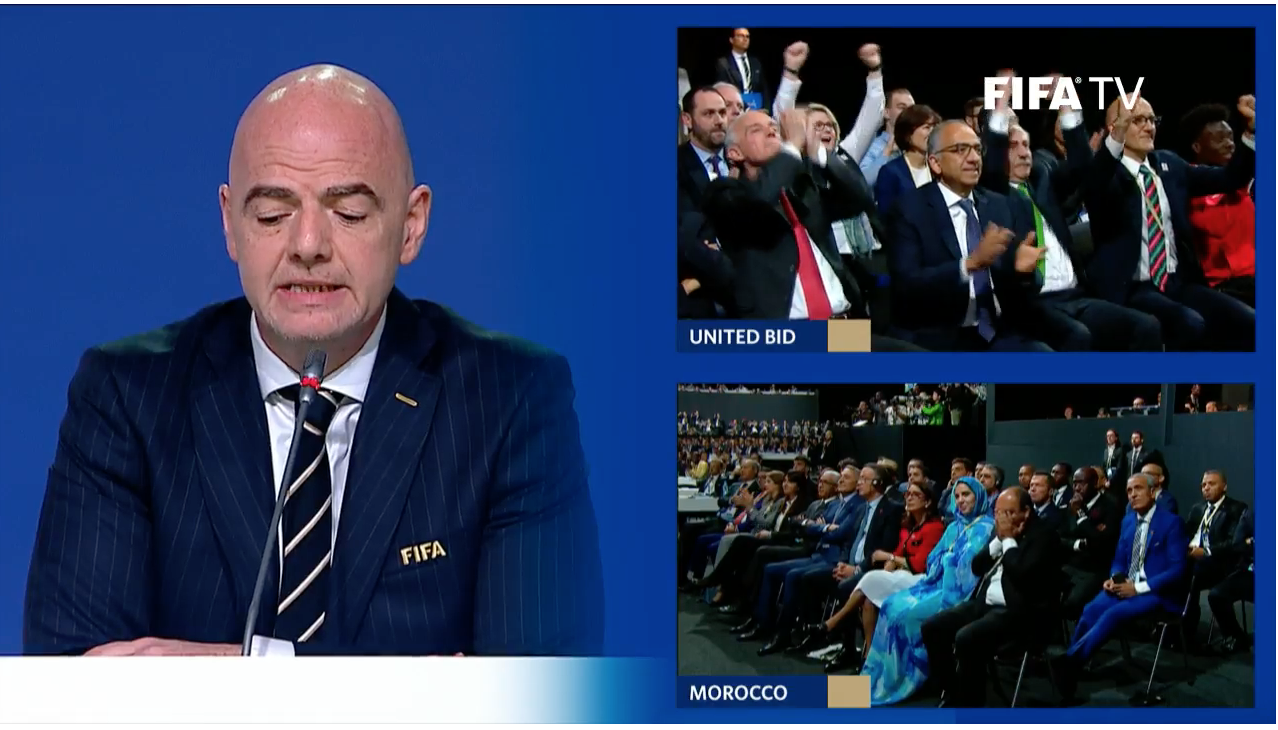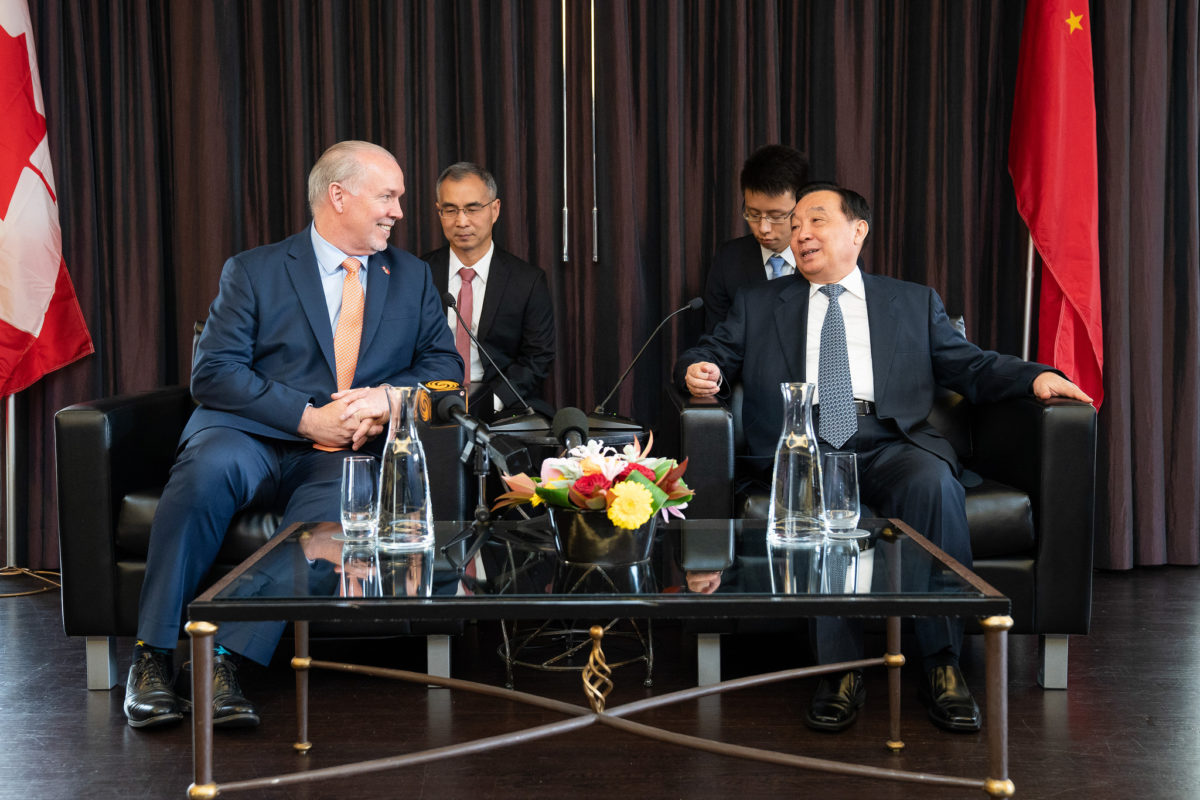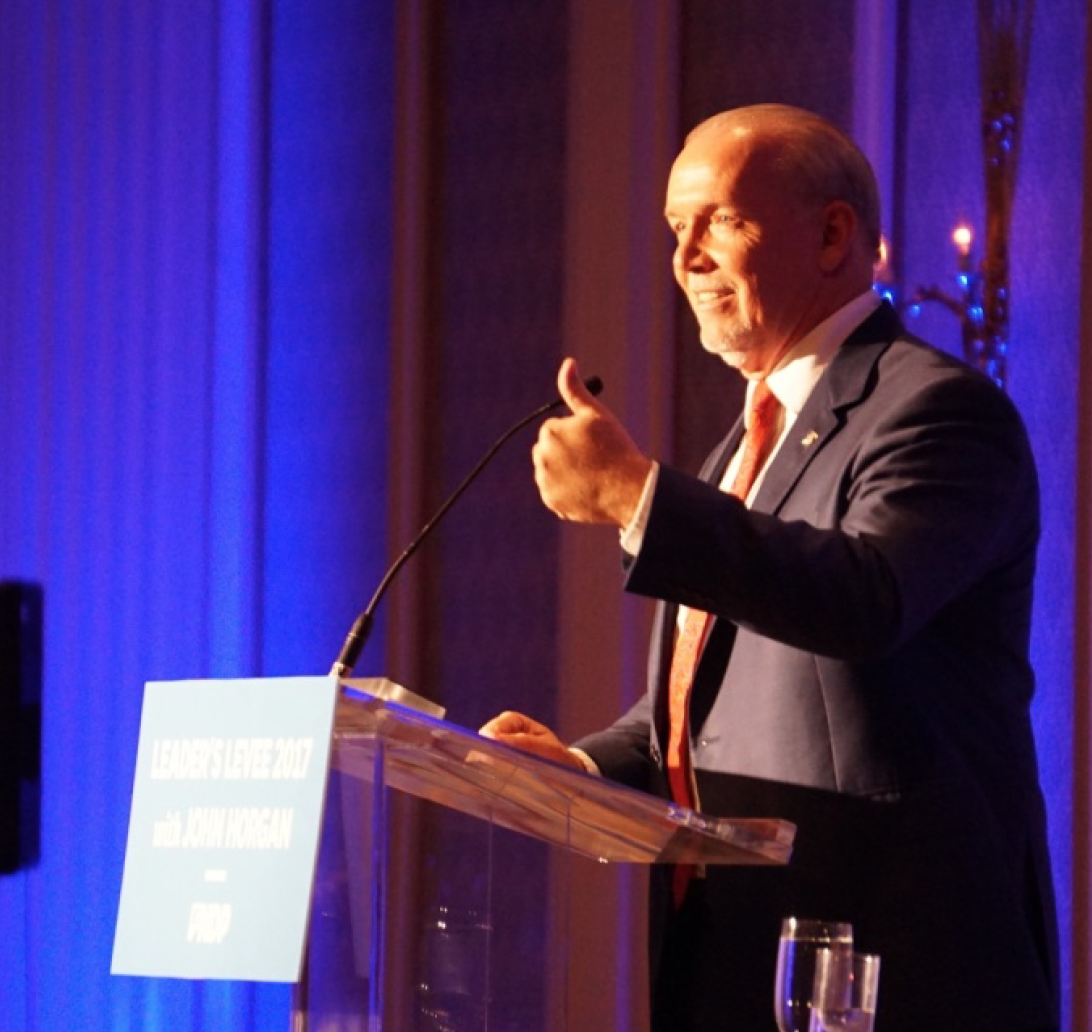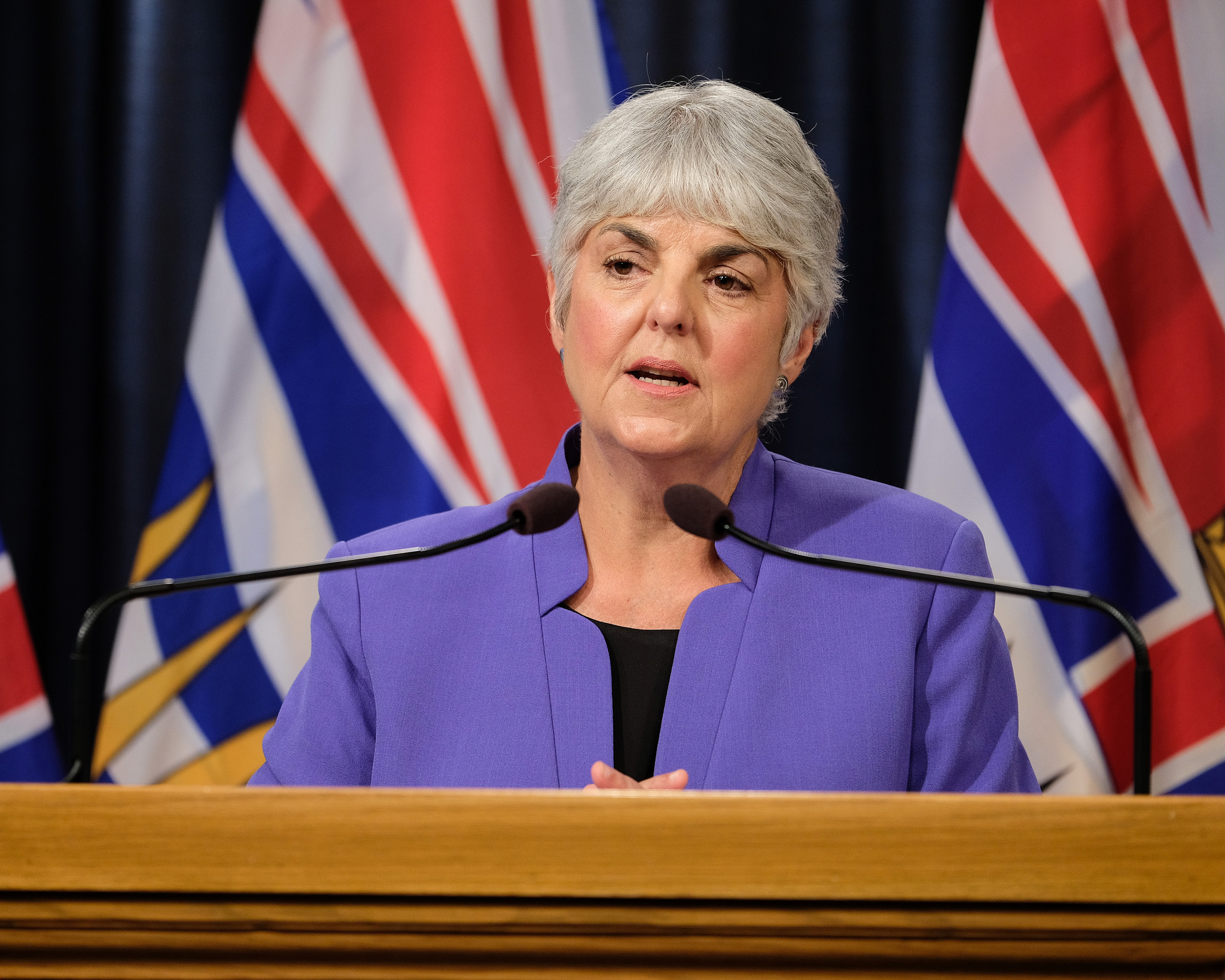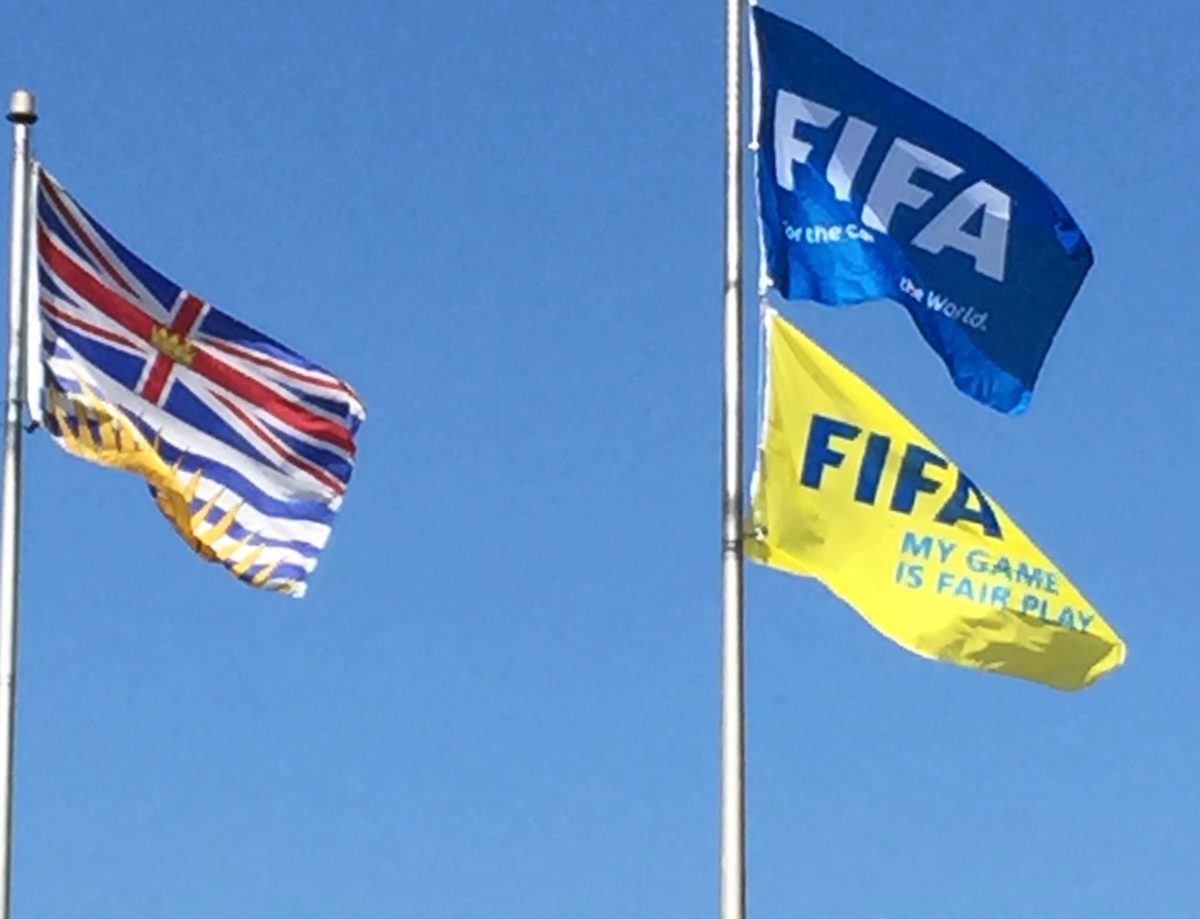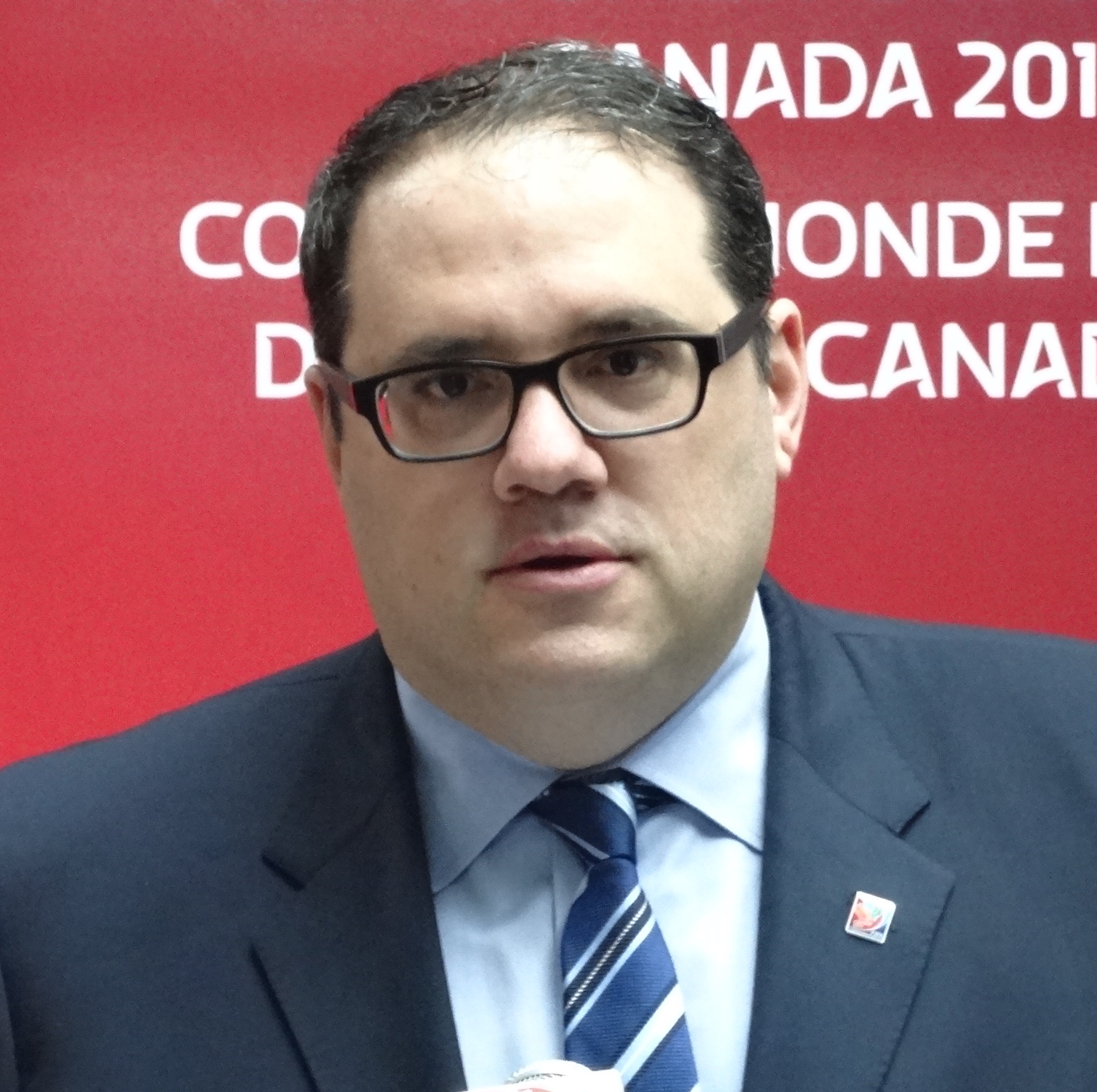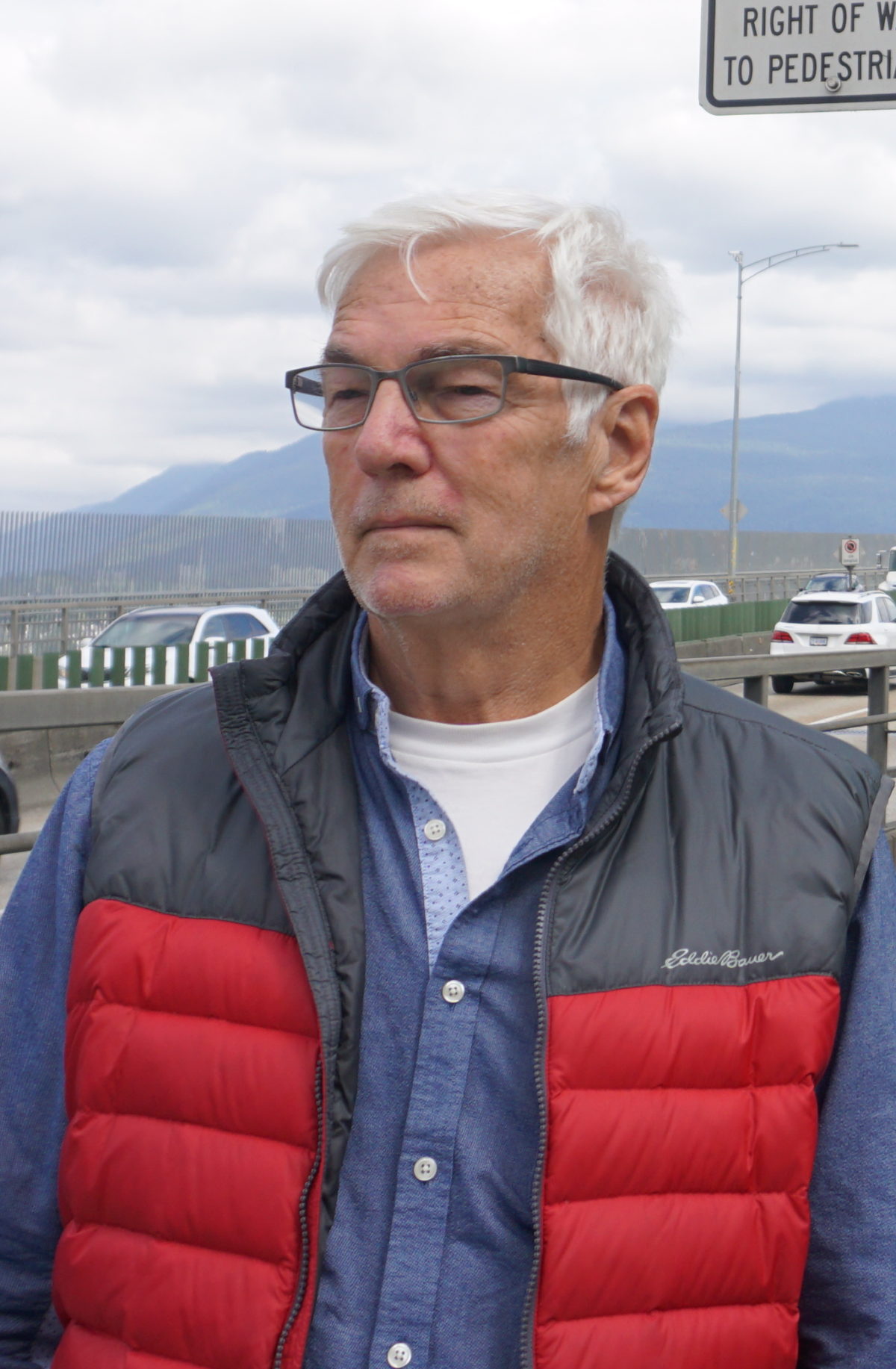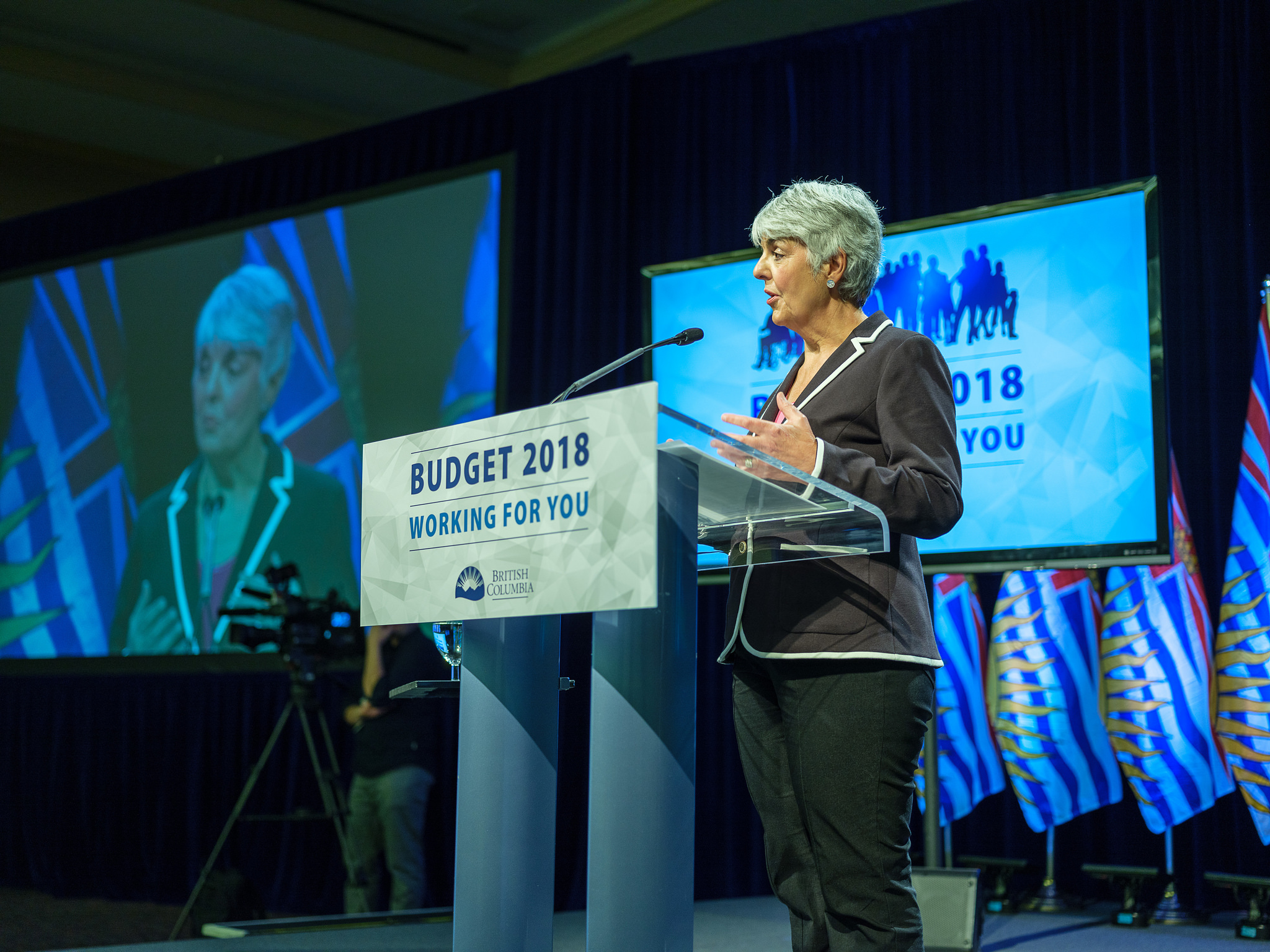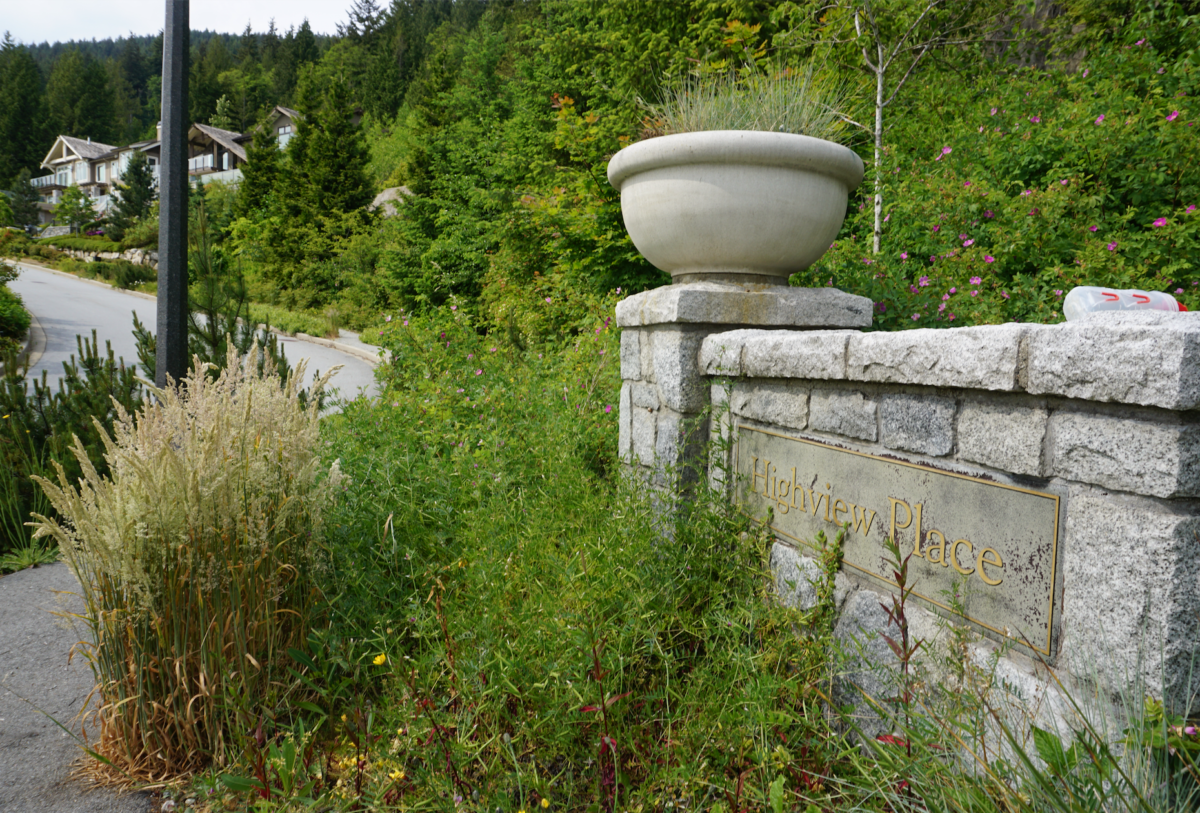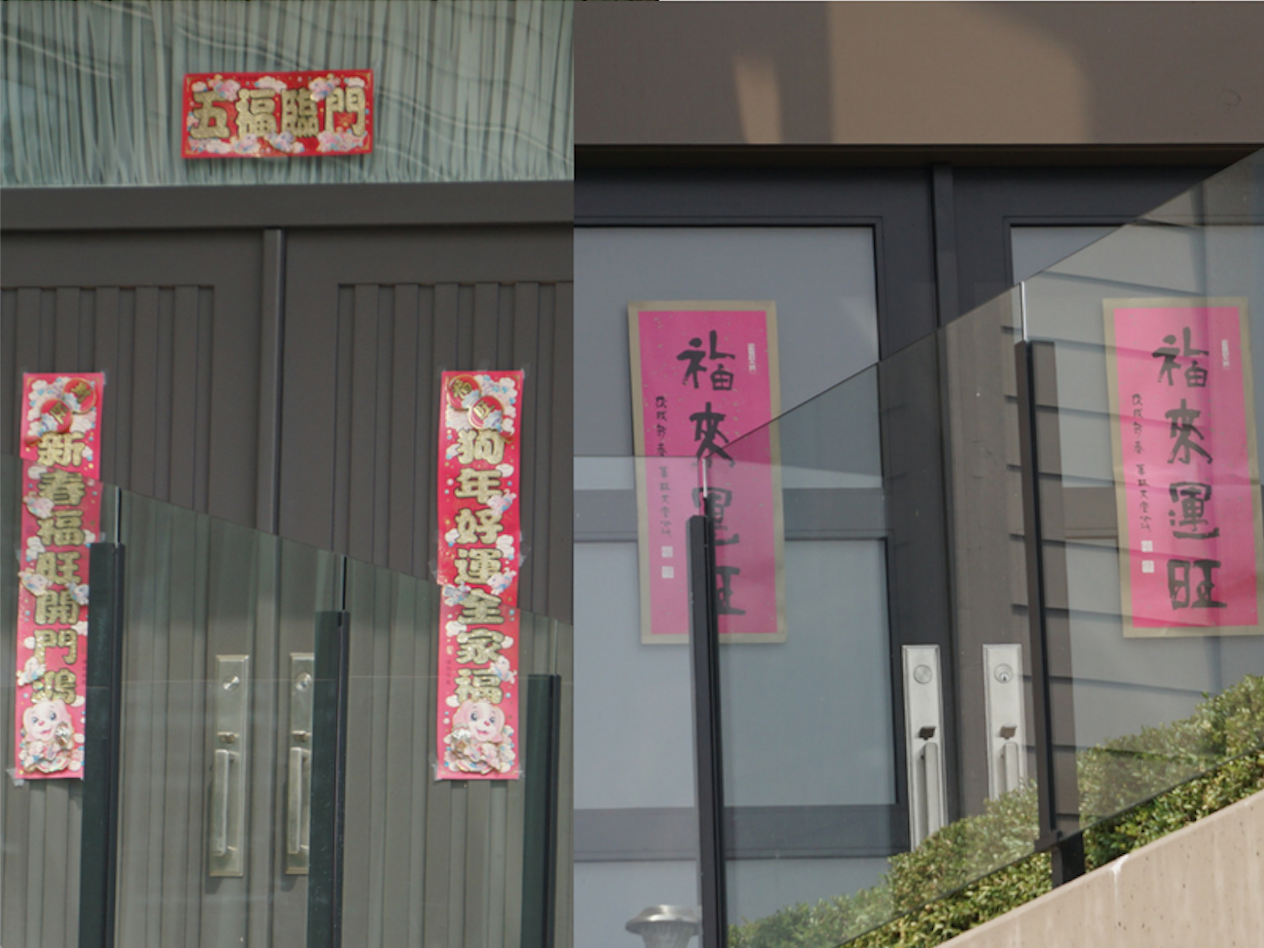Bob Mackin
On the day between the G7 Summit in Quebec and the Trump/Kim Summit in Singapore, the biggest delegation of government officials to visit British Columbia from the People’s Republic of China since 2005 arrived in Vancouver.
The NDP government did not publish a news release. Trade Minister Bruce Ralston Tweeted photographs of the June 10 airport greeting and Westin Bayshore dinner. Lt.-Gov. Janet Austin Tweeted dinner photographs a day later.
Premier John Horgan did not, but there are photographs of him meeting with Wang Chen, a member of Xi Jinping’s Politburo, on the B.C. government’s Flickr site.
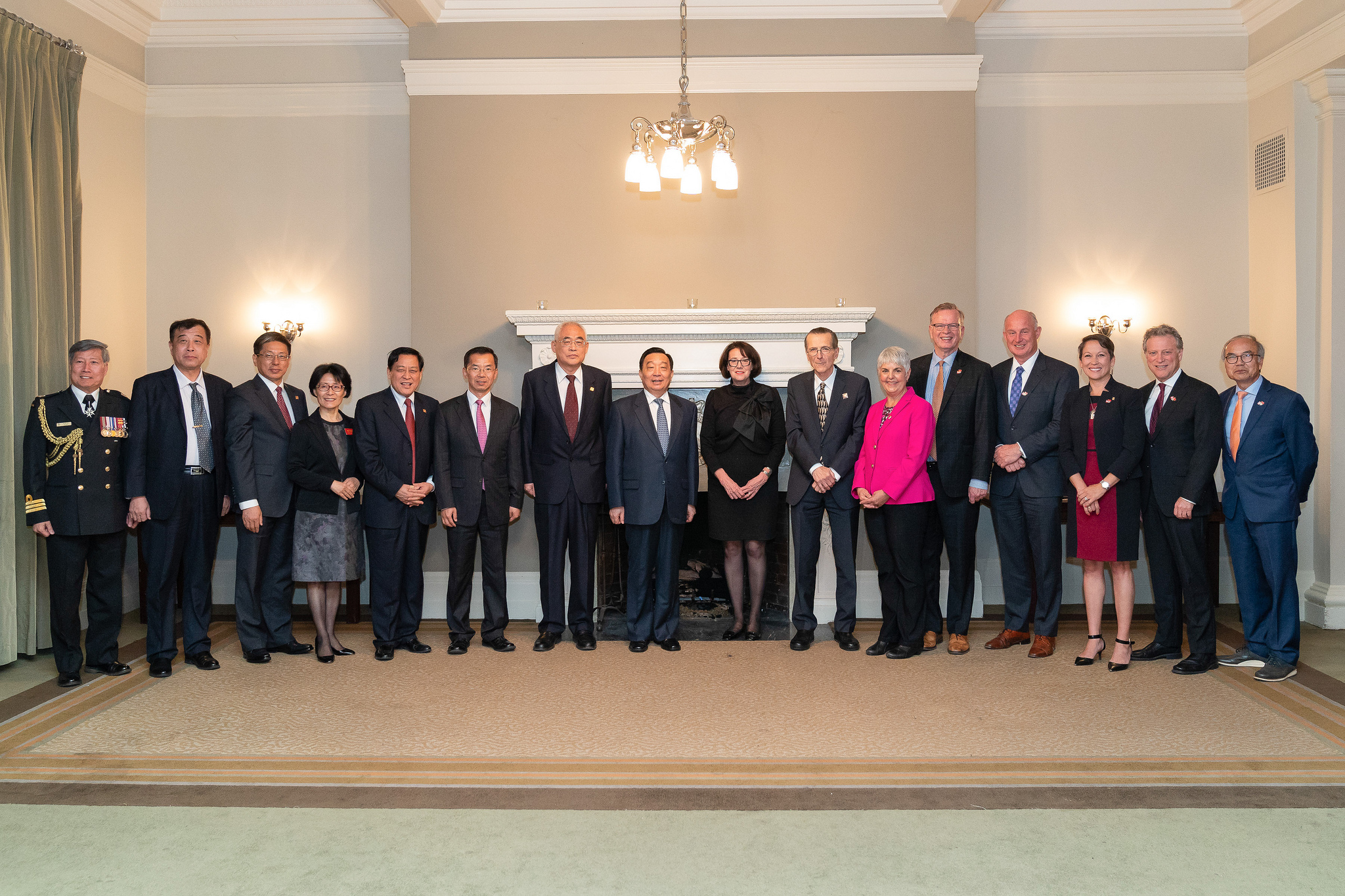
A Chinese governemnt entourae dined with five B.C. cabinet ministers on June 10 at the Westin Bayshore (Rich Lam/BC Gov)
The roster of the Chinese entourage, obtained by theBreaker, included senior officials in Beijing’s propaganda and Internet censorship regime and the Communist Party anti-corruption department.
Wang, leader of the 24-person entourage, is also vice-chair of the National People’s Congress standing committee, China’s rubber-stamp legislature. The NPC standing committee’s secretary general is a director of the Cyberspace Administration of China and deputy director of the party’s publicity department. The former journalist was president of People’s Daily from 2002 to 2008.
In total, there were a dozen members and bureaucrats from the NPC, including the chair of the Committee on Supervisory and Judicial Affairs (Wu Yuliang), and vice-chairs of the Financial and Economic Affairs Commission (Yin Zhongqing) and Legislative Affairs Commission (Zhang Yong).
Wu is also the deputy party secretary of the 18th CPC Central Commission for Discipline Inspection, the Communist Party’s anti-corruption office.
Horgan, who had to fly back to Victoria, was unable to join them for the private Westin Bayshore banquet with Austin, Ralston, Deputy Premier and Finance Minister Carole James, Advanced Education Minister Melanie Mark, Minister of State for Trade George Chow, and Solicitor General Mike Farnworth.
Discussions centred around trade, the Canada-China year of tourism, education, climate change, and “ways to enhance co-operation” between B.C. and China.
The entourage, which carried-on to Ottawa, was the biggest since 2005 when President Hu Jintao visited the Bayshore on a North American tour.
Ex-Premier Christy Clark and Trade Minister Teresa Wat hosted a 21-person entourage from Guangdong on May 8-9, 2016. That delegation was led by Politburo member Hu Chunhua.
Wang’s visit came the week after Chinese dissidents marked the 29th anniversary of the Tiananmen Square Massacre and two weeks since the 9th Conference of the World Guangdong Community Federation in Vancouver. The Vancouver Convention Centre-hosted event was linked to the Chinese Communist Party’s United Front Work Department. The Financial Times described the United Front as “China’s secret magic weapon for world influence.”
A May report by the Canadian Security Intelligence Service analyzed China’s influence on western governments and ambitions to rival the United States as a superpower.
“With the abolition of the two-term limit on the presidency, Xi Jinping will guide China for the foreseeable future,” the report said. “Authoritarian rule facilitates determined action, but this can translate into decreased sensitivity to criticism, vulnerability to corruption, and a restricted flow of information vital to sound decision-making. The inter-mingling of private and public economic enterprises has led to inefficiency and corruption that persist.”
The Chinese delegation list:
1. His Excellency Wang Chen, Member of the Political Bureau of the Communist Party of China (CPC) Central Committee and Vice Chairman of the Standing Committee of the National People’s Congress of China (NPC).
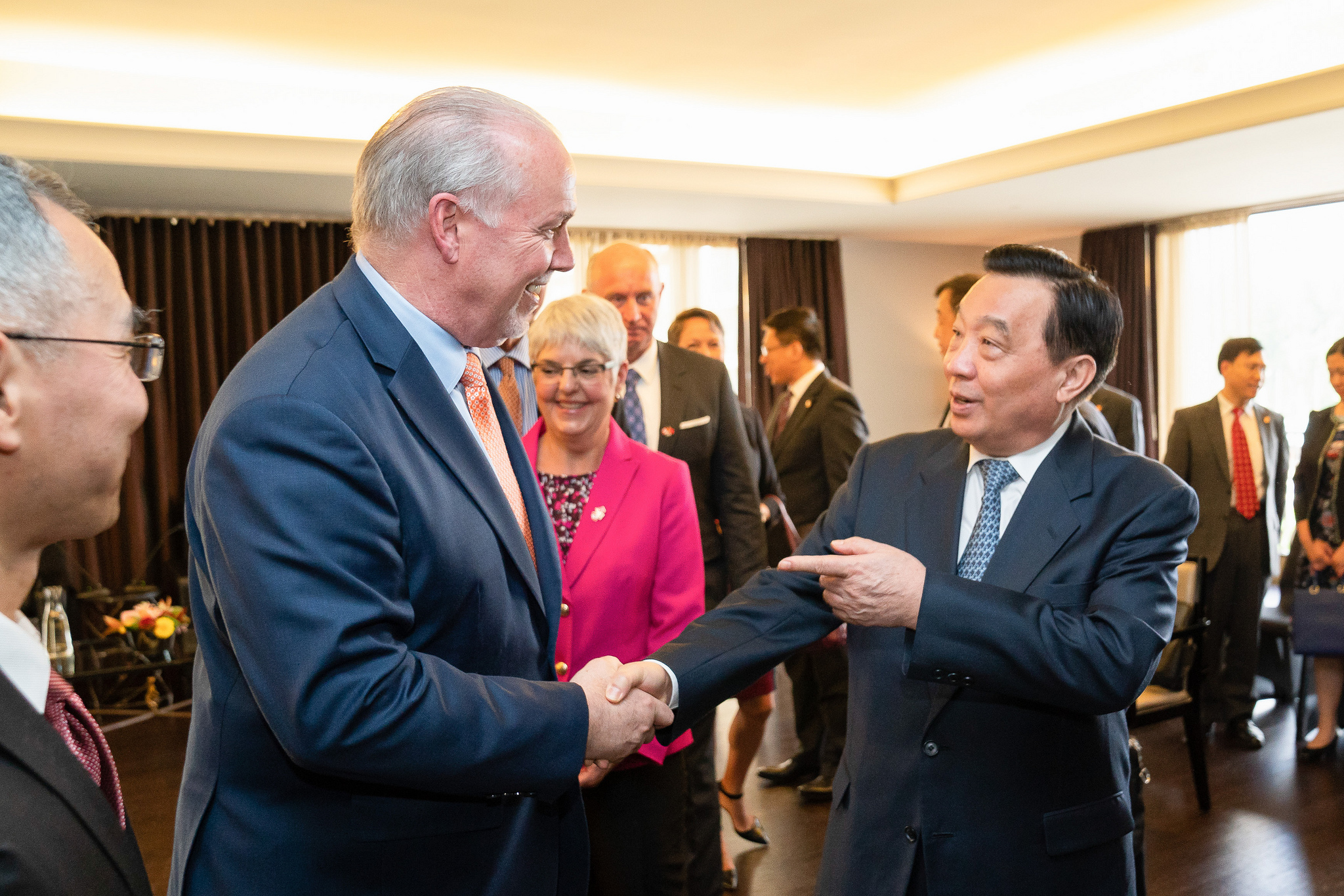
Horgan and Chinese Politburo member Wang Chen (Rich Lam/BC Gov)
2. The Honourable Wu Yuliang, Member, NPC Standing Committee & Chairman, NPC Committee on Supervisory and Judicial Affairs.
3. The Honourable Yin Zhongqing, Member, NPC Standing Committee & Vice Chairman, NPC Committee on Financial and Economic Affairs.
4. The Honourable Zhang Yong, Member of the NPC Standing Committee, Vice Chairman, Legislative Affairs Commission, NPC Standing Committee.
5. The Honourable Li Yihu, Member, NPC Committee on Foreign Affairs.
6. Mr. Cao Yanfang, Director-General, Retiree Affairs Bureau, General Office, NPC Standing Committee
7. Mr. Zhang Xinmin, Director-General, Service Department, General Office, NPC Standing Committee
8. Mr. Jin Qingzhong, Deputy Director-General, Research Office, General Office, NPC Standing Committee
9. Mr. Xiong Wei, Deputy Director-General, Foreign Affairs Bureau, General Office, NPC Standing Committee
10. Mr. Yin Chengwu, Counselor, Department of North American and Oceanian Affairs, Ministry of Foreign Affairs (MFA)
11. Mr. Zheng Xiliang, Director, Central Guard Bureau, CPC
12. Ms. Bai Dandan, Director, Foreign Affairs Bureau, General Office, NPC Standing Committee
13. Mr. Zuo Liang, Secretary to the head of the delegation
14. Mr. Xu Xiaoqing, Secretary to Hon. Wu Yuliang
15. Ms. Zhao Daihong, Deputy Director, Department of North American and Oceanian Affairs, MFA
16. Mr. Gu Xinqiang, Deputy Director, Department of North American and Oceanian Affairs, MFA
17. Mr. Liu Rundong, Private Security Official to the head of the delegation
18. Mr. Wu Yunbo, Private Doctor to the head of the delegation
19. Mr. Chen Shanrui, Principal Staff Member, Foreign Affairs Bureau, General Office, NPC Standing Committee
20. Ms. Wang Yan, Senior Staff Member, Foreign Affairs Bureau, General Office, NPC Standing Committee
21. Mr. Luo Wei, Interpreter, MFA
22. His Excellency LU Shaye, Ambassador of China to Canada
23. Ms. Tong Xiaoling, Consul General of China in Vancouver
24. Mr. Yang Fan, Counsellor, Embassy of China to Canada
Support theBreaker.news for as low as $2 a month on Patreon. Find out how. Click here.
Bob Mackin
On the day between the G7







